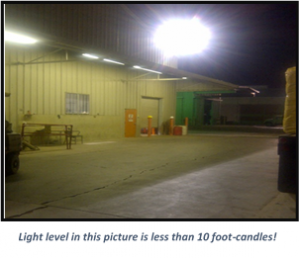It is now official. CalOSHA’s proposed changes to the Heat Illness Prevention Standard will become effective as of May 1. The major changes include the following:
- – Water must be “fresh, pure, suitably cool” and located as close as practicable to where employees are working
- – Shade must be present at 80 degrees F
- – Shade must accommodate all employees working on the site
- – Employee must be provided a minimum 10 minute cool-down period every two hours when temperatures hit 95 degrees F
- – Employees taking a “preventative cool-down rest break” must be monitored for symptoms of heat illness
- – New training requirements covering employers’ responsibilities, employees’ rights and appropriate first aid and emergency responses
The Association is currently updating all of our member’s and our client’s Heat Illness Prevention Plans. We will also be conducting trainings in the next few weeks to make sure our members have been trained on the new requirements.



